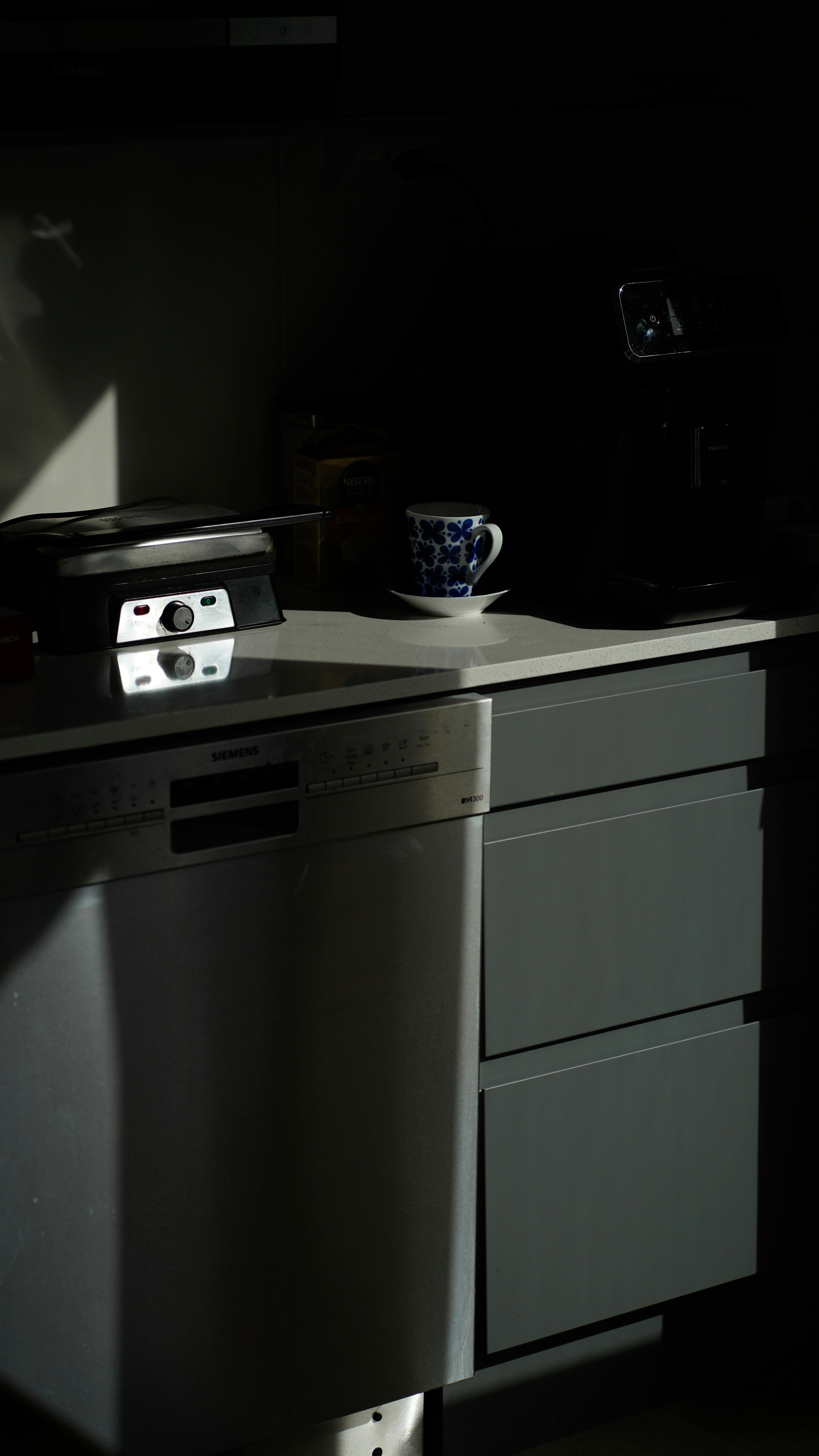
Apply Now


Smart Ways to Brush Cats' Teeth for Better Health in 2025
Understanding the Importance of Cat Dental Care
Dental health is crucial for your cat's overall well-being, yet many pet owners overlook this essential aspect of feline care. Regular dental care can help prevent painful dental diseases in cats, which can lead to serious health complications. By brushing your cat's teeth, you can not only maintain their dental hygiene but also enhance their quality of life. Poor dental hygiene can result in plaque buildup, gum disease, and even tooth loss, making it essential to establish a consistent dental routine. This article will explore effective techniques for maintaining your cat's oral health through brushing, the benefits of regular dental check-ups, and the proper products to use. Establishing a dental routine for cats is vital in preventing issues such as tooth decay and gingivitis. Regular brushing can significantly improve your cat's dental health, ensuring they maintain a healthy mouth. Moreover, understanding the signs of dental problems in cats—such as bad breath, difficulty eating, or swollen gums—can help owners act promptly. In this guide, we will cover various tips and techniques for brushing your cat's teeth safely and effectively, ensuring they remain healthy and happy.The Benefits of Brushing Your Cat's Teeth
Brushing your cat's teeth provides numerous benefits that contribute to their overall health. First and foremost, it removes food particles and plaque, helping to prevent dental disease. It's important to understand that while brushing may seem daunting, it has significant long-term advantages for your cat's well-being. A regular brushing practice reduces the risk of periodontal disease, which can lead to systemic health issues affecting the heart, liver, and kidneys. Moreover, brushing improves breath freshness, a common issue among pet owners. When cats have clean teeth and gums, they tend to have better-smelling breath. Additionally, maintaining cat teeth can also save you money on potentially expensive dental treatments required for severe conditions that could have been avoided with preventive care. Lastly, engaging your cat in the brushing process can foster a deeper bond between you and your furry friend, making the experience enjoyable rather than stressful.Choosing the Right Products for Cat Dental Care
When deciding on the best toothbrush for cats, consider their comfort and ease of use. Look for soft-bristled toothbrushes designed specifically for felines, as these are gentler on their gums. You may also opt for finger brushes, which allow for better control and gentler brushing. Whatever brush you choose, ensure it fits comfortably in your hand for a better grip during the brushing process. Selecting the right cat toothpaste is equally critical. Never use human toothpaste, as it can be toxic to cats. Instead, choose a toothpaste specifically formulated for cats, which is safe for them to swallow and often comes in flavors that appeal to their palate, like poultry or seafood. This can help in teaching your cat to accept brushing more readily. Always consult your veterinarian for recommendations on cat dental health products that will suit your pet's specific needs.Establishing a Dental Routine for Your Cat
Developing a Brushing Habit
Creating a consistent brushing schedule for your cat is essential in developing their acceptance of this practice. Start by introducing the brush and toothpaste gradually, allowing your cat to become familiar with the products before attempting to brush their teeth. Gently rub the toothpaste onto their teeth using your finger to create positive associations before introducing the toothbrush. This method helps tailor their comfort level with the brushing process. Aim to brush your cat's teeth at least two to three times per week. However, daily brushing is ideal for promoting optimal oral health and preventing dental issues. To help your cat develop a good brushing habit, always reward them with praise or a treat after each session to reinforce their positive behavior. Additionally, regular dental check-ups with your veterinarian are crucial to monitor your cat's oral health and address any potential issues before they escalate.Teaching Cats to Accept Brushing
Training your cat to enjoy or at least tolerate tooth brushing takes time and patience, but it is an important investment in their health. Begin by selecting a calm environment where your cat feels safe, as this will help reduce anxiety during the process. Use treats and positive reinforcements to encourage your cat – praise them for simply being near the toothbrush at first. Gradually introduce short brushing sessions without needing to complete an entire brushing routine initially. Focus on a few teeth during each session, and gradually work up to a more comprehensive brushing over time. Monitoring your cat's comfort level is key; if they show signs of distress, take a step back and reassure them. With patience, your cat can learn to accept brushing as part of their routine.Common Mistakes to Avoid When Brushing
One of the most common mistakes pet owners make is rushing the process or forcing their cats into it. This can create negative associations with tooth brushing, making it more difficult in the future. Avoid using too much pressure when brushing, as this can irritate your cat's gums and lead to discomfort. Additionally, skipping brushing sessions or adhering to an inconsistent schedule can hinder progress. It’s crucial to make dental care a priority in your cat’s grooming regimen. Finally, neglecting to monitor their dental health for issues such as tartar buildup or signs of pain can lead to more serious health problems. Recognizing signs of dental pain early can save your cat from unnecessary suffering and costly treatment options.Understanding and Addressing Dental Problems in Cats
Common Dental Issues in Cats
Cats can experience several dental problems, including gingivitis, periodontal disease, and tooth decay. Gingivitis is the inflammation of the gums caused by plaque accumulation, which, if left untreated, can lead to more severe periodontal disease. This condition affects the supporting structures of the teeth and can result in tooth loss. Tooth decay in cats occurs due to various factors, including a lack of proper dental hygiene and diet. Commercially available dental treats for cats can help combat these problems, but they should not replace regular brushing. Regular vet check-ups are vital in identifying these common dental issues early, allowing for timely interventions and care.
Signs of Dental Problems to Watch For
As a responsible cat owner, it's crucial to be proactive in monitoring your pet for signs of dental problems. Some common symptoms include bad breath, difficulty eating, excessive drooling, or pawing at the mouth. Additionally, if your cat exhibits behavioral changes, such as increased irritability or hiding, it may indicate dental discomfort. Other signs to watch for include red or swollen gums, loose teeth, or bleeding from the mouth. Catching these indicators early can lead to effective treatment before serious complications arise. Regular professional dental exams for cats are essential for early detection of oral diseases and to maintain good dental hygiene.Professional Dental Cleaning and Vet Recommendations
While regular brushing is vital for maintaining your cat's dental hygiene, professional dental cleaning is also recommended as part of your cat's healthcare routine. Vets have the equipment and expertise to perform thorough cleanings and check for any underlying dental issues that may not be visible during regular brushing. It is advisable to have your cat's teeth professionally cleaned at least once a year, depending on their oral health status and age. Your veterinarian can provide tailored recommendations based on your cat's individual needs, ensuring the best preventative dental care for cats. Additionally, ask about at-home dental care products and strategies to help keep their teeth healthy between vet visits.